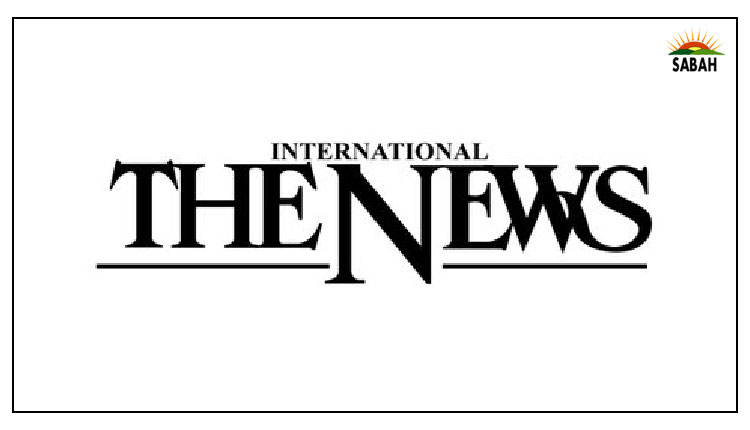The way forward…Dr Raza Ali Khan
The analysis of Pakistans economy highlights a grim and alarming scenario. The economy is not only under tremendous pressure but also heading towards a blind alley. This calls for timely reforms to help the country get back on track.
Pakistan currently deals with the biggest challenges on the economic front unbridled inflation, rupee depreciation, trade deficit and a balance of payments crisis.
The inflation rate rose to 24.5 per cent in December 2022, and has jumped up by 15 per cent since March 2022. The key components of the consumer price index (CPI) include food, utilities, rent and transport costs.
During the last six months, there was a sharp increase in electricity prices. This continues to hit the lower-middle and lower classes the hardest, making it difficult for them to make both ends meet.
All international survey reports, including reports by the World Bank, have revealed that Pakistans poverty rate stood at 39.2 per cent in 2021-22, which means that around 86 million Pakistanis are living below the poverty line.
The overall living standards are also deplorable as 40 per cent of the population is suffering from food shortages; 80 per cent people are deprived of clean drinking water, and 42 percent people do not have access to a proper sewerage system. Even in big cities, the sewerage system is in a state of collapse.
The countrys debts are also swelling. The SBPs latest debt bulletin for fiscal year 2021-22 has shown that the total debt and liabilities of the country have increased to Rs59.7 trillion, which means every newborn in Pakistan owes Rs272,727.
Unfortunately, the government is making difficult and unpopular decisions under political, international and economic pressures to control the trade and current account deficits, which are adding to the misery of ordinary people. Besides this, the implementation of the IMF and World Bank policies is also a major cause for concern for the government.
Policymakers must realize that the situation cannot be improved unless the policies are tailored according to the interests of the country. Despite many challenges, the government can fix the economic situation by taking prudent measures. For instance, inflation can be curbed through managing demand and supply more effectively.
The government should provide economic incentives to farmers and industrialists to increase the supply of goods. It is also on the government to take steps to minimize cost of production. The purchasing power of people can be increased by fair distribution of wealth.
Costs of goods and services should be fairly determined and enforced strictly in the market. All major political parties should prepare and sign a charter of economy and give it legal and constitutional protection for its effective implementation.
Authorities should also launch an austerity drive by curtailing unnecessary personal facilities such as free petrol, utility bills, travel grants and air tickets given to certain government officials.
It is also time to break the political influence of mill owners and subject them to a direct taxation policy. In addition, agriculture and undocumented income and businesses should be brought under the tax net.
Since economic stability is directly proportional to political stability, all political parties must ensure political stability in the country.
Courtesy The News












